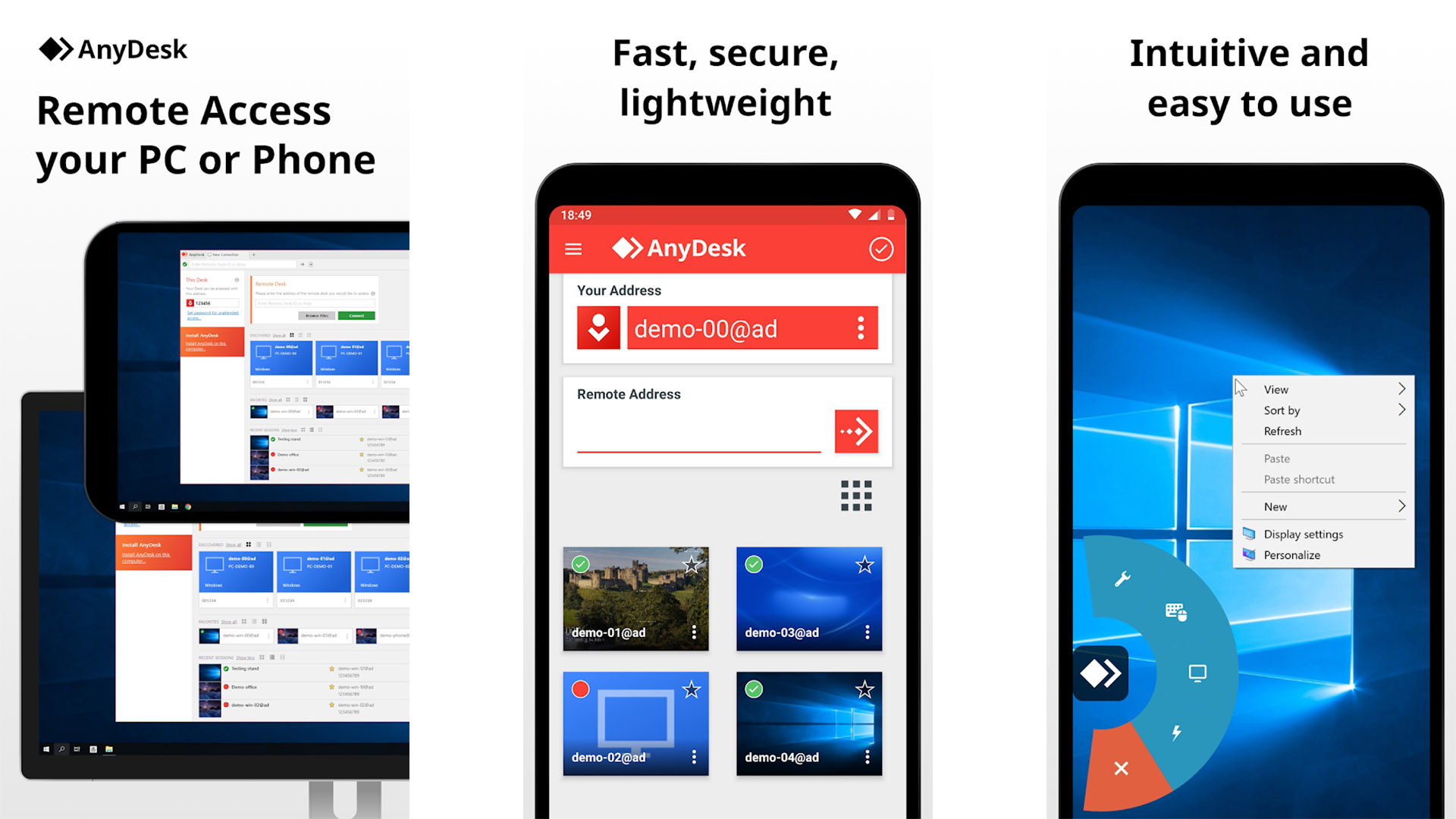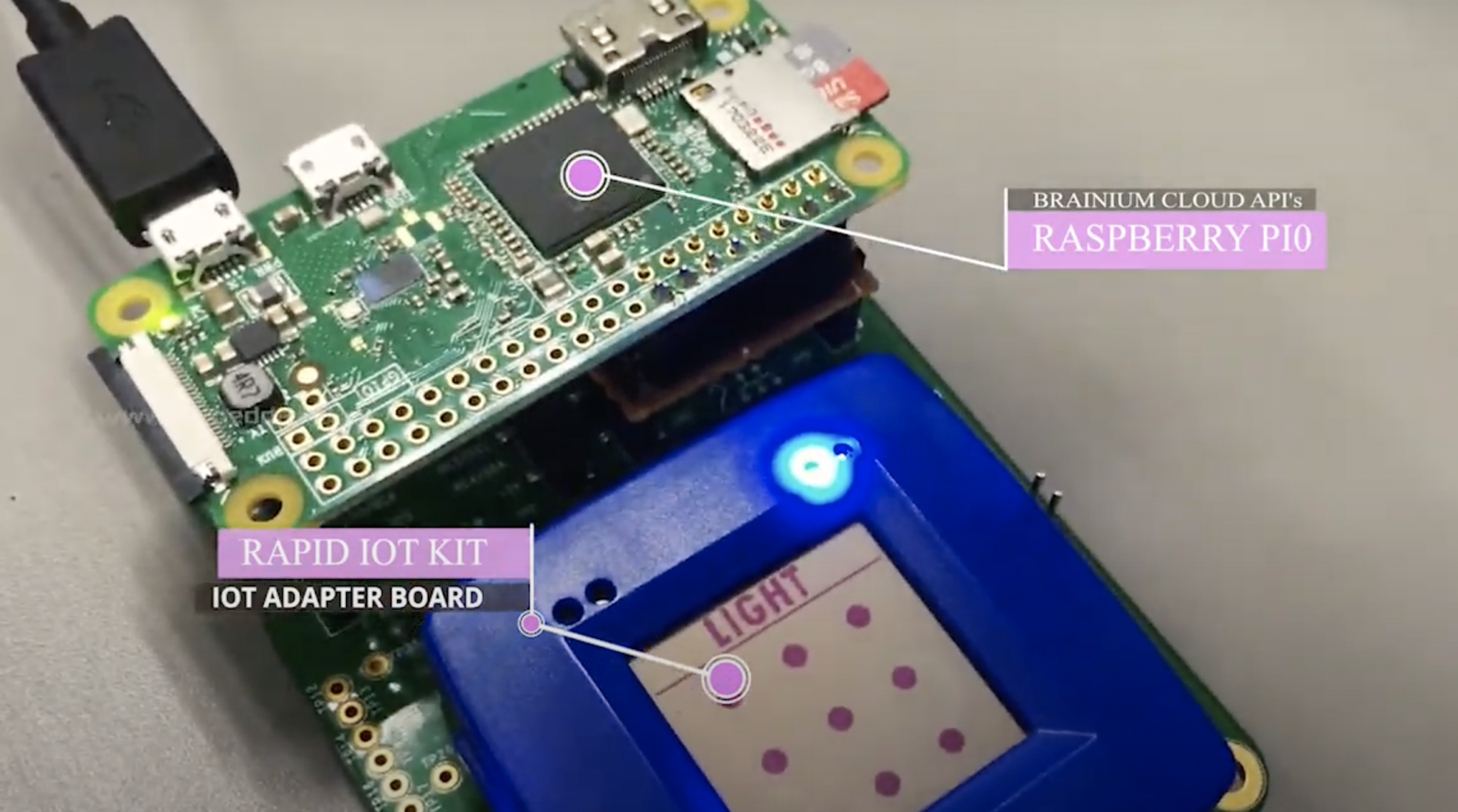In today's digital age, securely connect remote IoT P2Psh Android free has become a critical concern for individuals and businesses alike. The rise of IoT devices and peer-to-peer (P2P) networks brings immense opportunities but also significant security challenges. Understanding how to establish secure connections is essential to protect sensitive data and ensure seamless communication between devices.
As more users adopt IoT devices, the need for robust security measures becomes paramount. Whether you're a tech enthusiast or a business owner, ensuring the security of your IoT network is no longer optional. This guide will walk you through the fundamentals of secure remote IoT connections, focusing on P2Psh Android solutions that are free to use.
By the end of this article, you'll have a clear understanding of the tools, protocols, and best practices to implement secure IoT connections. Let's dive in and explore how you can protect your devices and data while leveraging the power of IoT technology.
Read also:The Mysteries And Significance Of Yhwh A Comprehensive Exploration
Table of Contents
- Introduction to IoT
- P2Psh Android Overview
- Secure Connection Methods
- Benefits of Free Solutions
- Common Security Challenges
- Best Practices for Security
- Tools and Technologies
- Case Studies
- Future Trends
- Conclusion
Introduction to IoT
The Internet of Things (IoT) refers to the network of interconnected devices that communicate and exchange data over the internet. These devices range from smart home appliances to industrial sensors, all designed to enhance efficiency and convenience. However, the widespread adoption of IoT devices has also introduced new security risks.
One of the primary concerns with IoT devices is their vulnerability to unauthorized access. Without proper security measures, hackers can exploit these devices to gain access to sensitive information or disrupt critical systems. Therefore, establishing secure connections is essential for protecting both personal and business data.
Why IoT Security Matters
- Protects sensitive data from unauthorized access.
- Prevents cyberattacks that can compromise entire networks.
- Ensures the reliability and functionality of IoT devices.
P2Psh Android Overview
P2Psh Android is a powerful tool designed to facilitate secure peer-to-peer connections between IoT devices. This free solution allows users to establish direct communication channels without relying on centralized servers, reducing latency and enhancing security. By leveraging P2Psh Android, users can securely connect remote IoT devices while minimizing the risk of data breaches.
Key Features of P2Psh Android
- End-to-end encryption for secure data transmission.
- Support for multiple IoT protocols, ensuring compatibility with various devices.
- Easy-to-use interface for seamless integration into existing systems.
Secure Connection Methods
Establishing secure connections for IoT devices requires a combination of robust protocols and best practices. Below are some of the most effective methods for securing remote IoT connections:
1. Use of Encryption Protocols
Encryption is a fundamental aspect of IoT security. Protocols such as TLS (Transport Layer Security) and DTLS (Datagram Transport Layer Security) provide secure communication channels by encrypting data in transit. Implementing these protocols ensures that even if data is intercepted, it remains unreadable to unauthorized parties.
2. Authentication and Authorization
Implementing strong authentication and authorization mechanisms is crucial for securing IoT devices. This involves verifying the identity of devices and users before granting access to the network. Multi-factor authentication (MFA) is an excellent example of a robust security measure that adds an extra layer of protection.
Read also:Understanding Scorpio Unveiling The Mysteries Of A Water Sign
Benefits of Free Solutions
Free IoT security solutions like P2Psh Android offer numerous advantages for both individuals and businesses. These solutions provide access to advanced security features without the need for expensive licensing fees. Below are some of the key benefits:
- Cost-effective: Eliminates the need for expensive security software.
- Accessibility: Makes advanced security features available to a wider audience.
- Community support: Many free solutions benefit from active user communities that contribute to their development and improvement.
Common Security Challenges
Despite the availability of advanced security solutions, several challenges remain in securing IoT devices. Below are some of the most common issues:
1. Lack of Standardization
The absence of universal standards for IoT security can make it difficult to implement consistent security measures across different devices and platforms.
2. Limited Resources
Many IoT devices have limited processing power and memory, making it challenging to implement resource-intensive security protocols.
Best Practices for Security
Implementing best practices is essential for ensuring the security of IoT devices. Below are some recommendations:
1. Regular Software Updates
Keeping firmware and software up to date is crucial for addressing vulnerabilities and ensuring optimal performance.
2. Network Segmentation
Segmenting IoT devices into separate networks can help isolate potential threats and limit the impact of security breaches.
3. Data Minimization
Collecting and storing only the necessary data reduces the risk of exposure in the event of a breach.
Tools and Technologies
Several tools and technologies are available to enhance IoT security. Below are some of the most effective options:
1. Firewall and Intrusion Detection Systems
Implementing firewalls and intrusion detection systems (IDS) can help monitor and protect IoT networks from unauthorized access.
2. Blockchain Technology
Blockchain offers a decentralized approach to securing IoT data by providing a tamper-proof ledger for recording transactions.
Case Studies
Real-world examples demonstrate the effectiveness of secure IoT solutions. Below are two case studies showcasing the implementation of P2Psh Android:
Case Study 1: Smart Home Security
A homeowner used P2Psh Android to secure their smart home devices, including cameras and door locks. By implementing end-to-end encryption and multi-factor authentication, they successfully protected their home from potential cyberattacks.
Case Study 2: Industrial IoT
An industrial company utilized P2Psh Android to secure their IoT sensors and machinery. The solution enabled seamless communication between devices while maintaining a high level of security, ensuring uninterrupted operations.
Future Trends
The future of IoT security is shaped by emerging technologies and evolving best practices. Below are some trends to watch:
1. Artificial Intelligence
AI-driven security solutions are becoming increasingly popular, offering advanced threat detection and response capabilities.
2. Quantum Cryptography
Quantum cryptography promises to revolutionize IoT security by providing unbreakable encryption methods.
Conclusion
Securing remote IoT connections is essential for protecting sensitive data and ensuring the functionality of devices. By leveraging tools like P2Psh Android, users can establish secure connections without incurring additional costs. Implementing best practices and staying informed about emerging trends will help you stay ahead of potential threats.
We encourage you to share your thoughts and experiences in the comments section below. Additionally, feel free to explore other articles on our site for more insights into IoT security and related topics.


